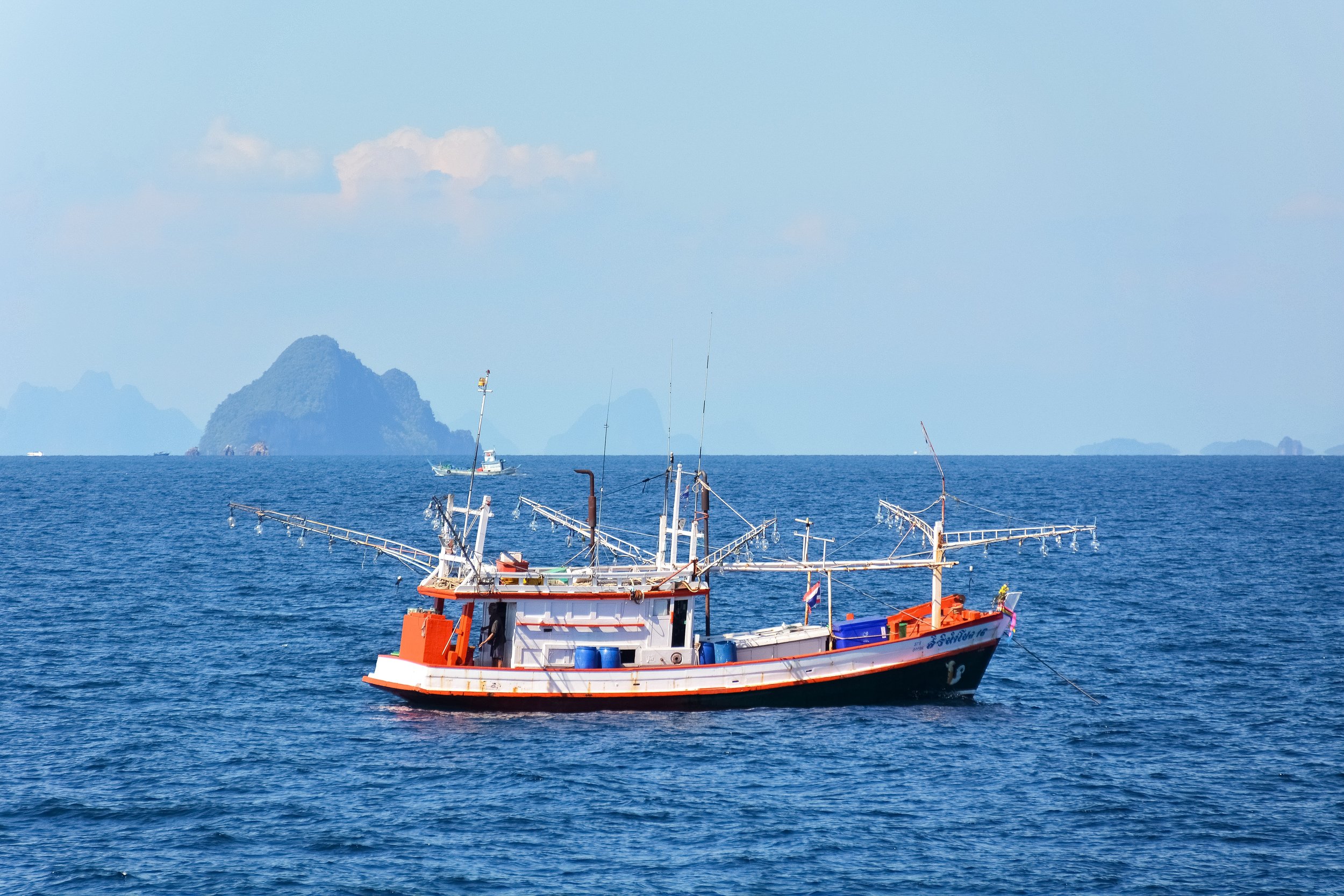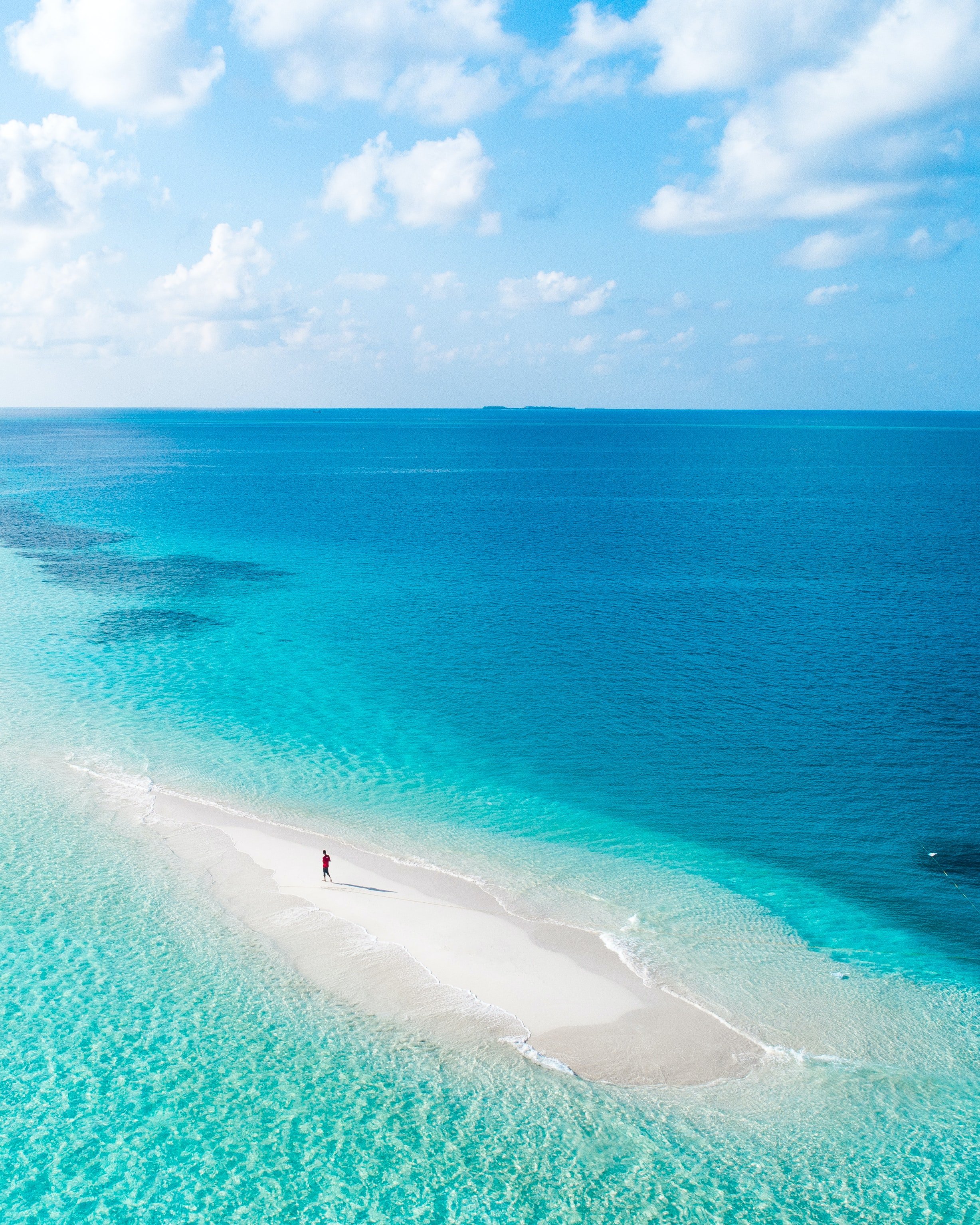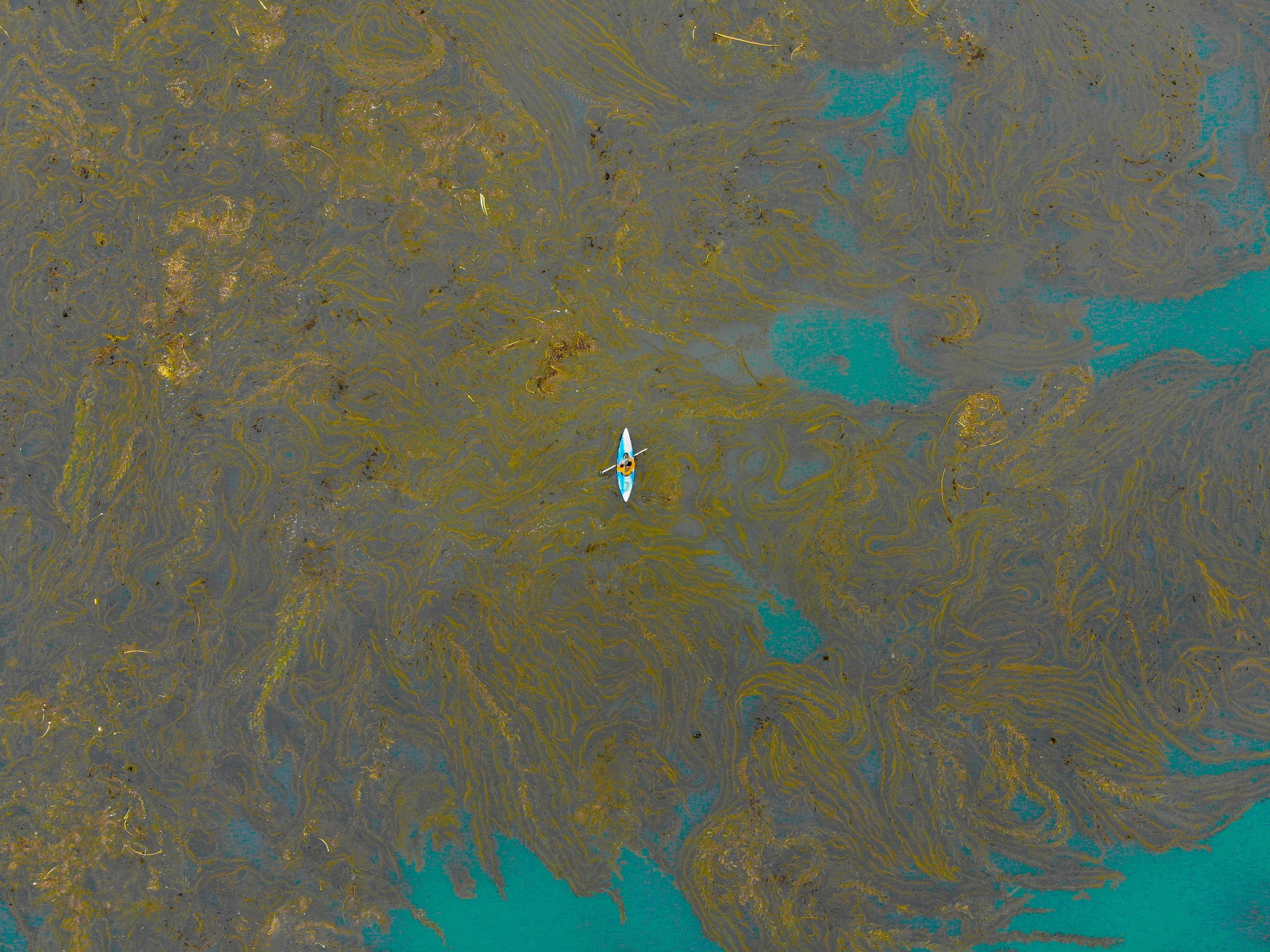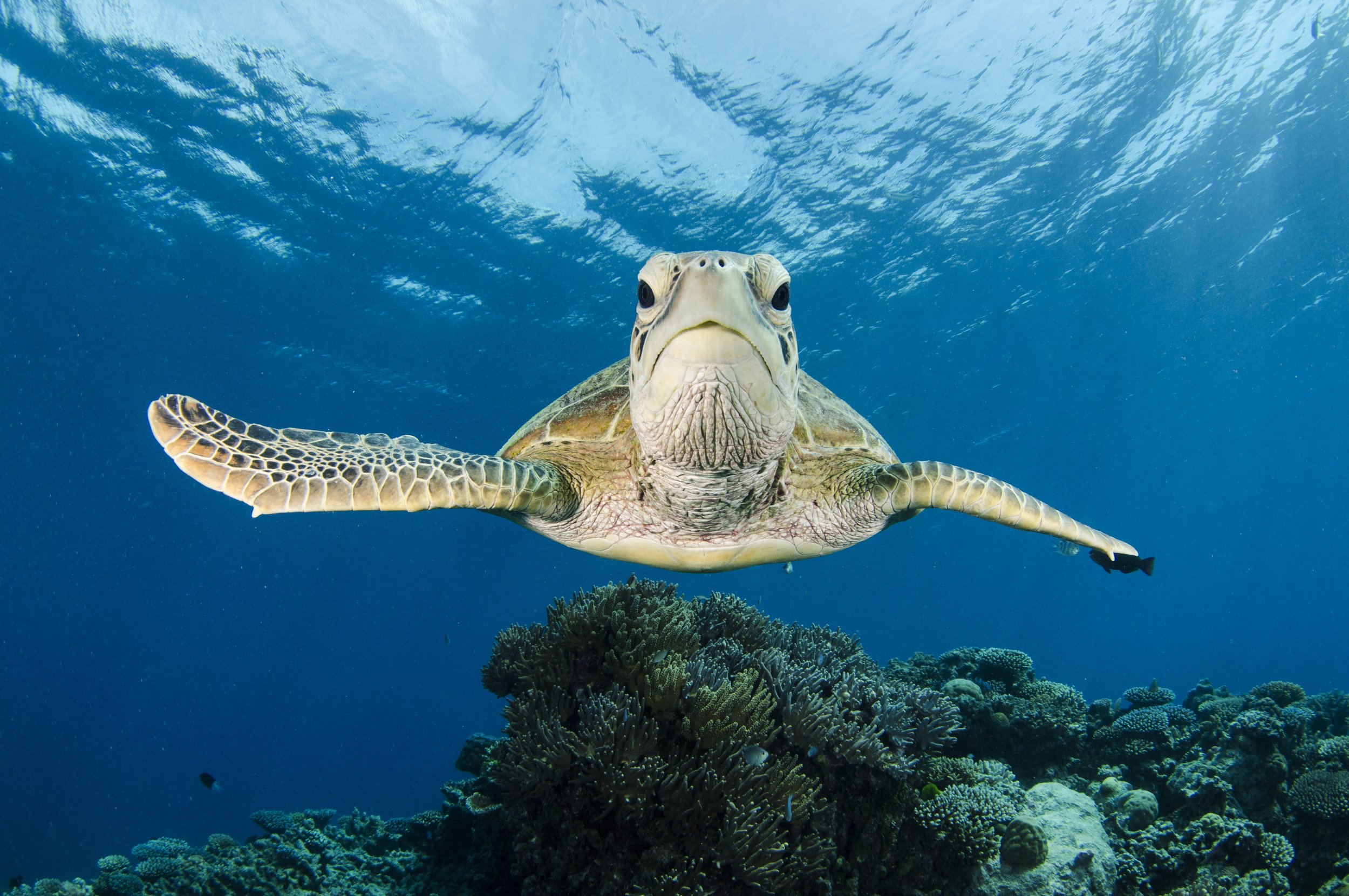
oceans aware: inform, inspire, involve
the more you know about the ocean the more you can do to protect and restore it

Deep-sea mining
The 30th Session of the International Seabed Authority (ISA) opened on 3 March, the first session with the new Secretary-General of the Authority, Leticia Reis de Carvalho, a Brazilian national, oceanographer and former UNEP Chief of Branch for the Ecosystems Division for Latin America and the Caribbean. Expectations and hopes are high for the new head to pursue an agenda in which protection of the marine environment is given a stronger role.

Ocean plastic
The 5th Session of the Intergovernmental Negotiating Committee to Develop an International Legally Binding Instrument on Plastic Pollution held in Busan, Republic of Korea, in November closed without the hoped-for conclusion of negotiations and a text ready for signature. Delegates failed to reach agreement on multiple issues, above all on whether mandatory or voluntary measures to regulate plastic are to be included in the treaty. The session will be resumed, at a time and place still to be determined, and will then use the ‘Chair’s Text’ as the starting point for negotiations.
photo: ©Von Wong Production 2021 – www.TurnOffThePlasticTap.com


Ocean stewardship
With the third UN Ocean Conference coming up in Nice in June 2025, there is a new push for a rethink of our way of treating the ocean, led by the Varda Group. Their publication Advancing the Protection Principle outlines key proposals to elevate ocean conservation through the Protection Principle at the upcoming UNOC.

Climate change
COP29, the meeting of the group of 198 countries that have signed the UN Framework Convention on Climate Change, took place in Baku in November. The focus of the meeting was finance and adaptation - the end result, an agreement to mobilise (but not actually distribute) an annual USD $300 billion, fell short of what is needed - an estimated USD $1.3 trillion - to address the effect of climate change on the planet. One achievement of the conference was the agreement on the framework rules and methodologies of a worldwide carbon market and trading system. From an ocean perspective, national delegations seemed to be recognizing the importance of the ocean in climate action, through solution-focused events and in finance negotiations.

High Seas Protection
A “breakthrough decision” came towards the end of the latest Conference of Parties to the UN Convention on Biological Diversity in Cali (COP16), establishing an updated procedure to enable the identification of protected areas both within and - most importantly - also beyond national jurisdiction.

Shipping
The International Maritime Organization's Marine Environment Protection Committee met in October 2024, addressing GHG emissions from ships, energy efficiency of ships, new Emission Control Areas, new Particularly Sensitive Sea Areas, ballast water management, marine litter, air pollution prevention, underwater radiated noise from commercial shipping, pollution prevention and response and ship recycling.

Geoengineering
There is growing interest in the potential of ocean-based negative emission technologies to contribute to climate neutrality, involving a variety of methods to remove or store CO2 or to increase phytoplankton growth.

Protecting 30% of the ocean by 2030
The goal to protect 30% of the planet by 2030 was set by the 2022 COP of the Convention on Biological Diversity in the Kunming-Montreal Global Biodiversity Framework. With the ocean covering approximately 360 million square kilometres, 30% of that comes to an enormous 108 million square kilometres.

Ocean governance or stewardship?
It’s time to change our attitude - we need to move from seeing the ocean as a space we use and exploit for our own good to recognizing its value and putting its protection at the top of our list of priorities.
